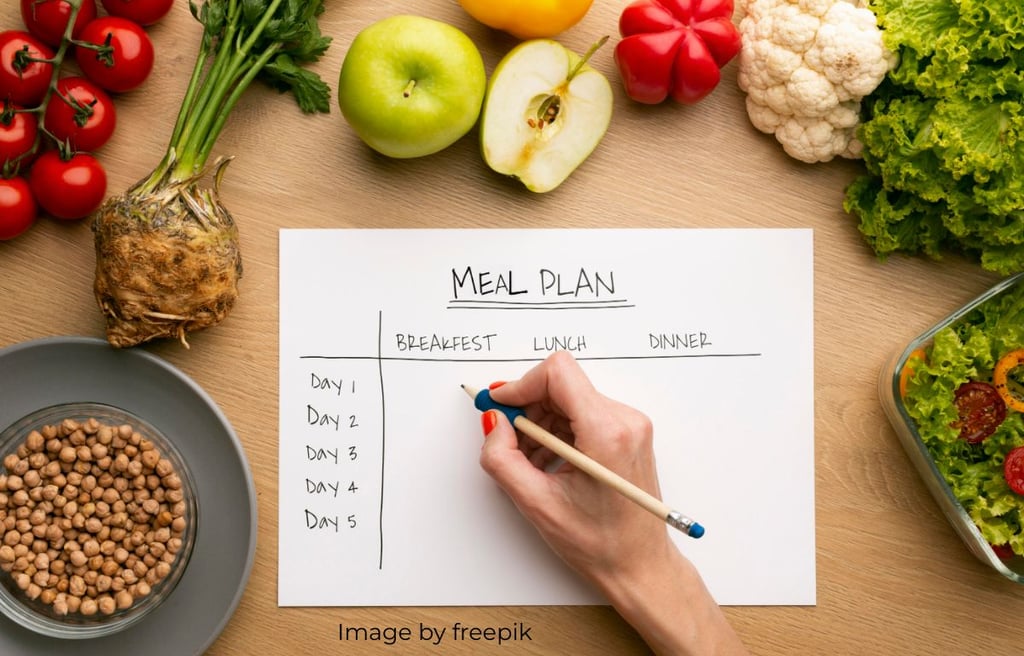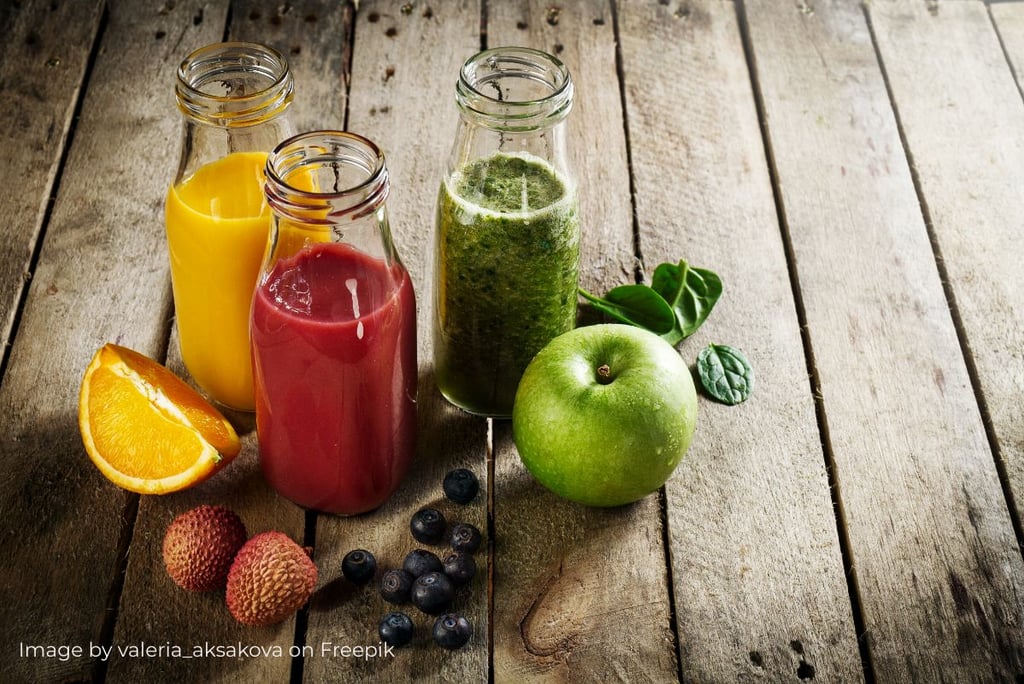
Transform Your Health: The 21-Day Anti-Inflammatory Diet Plan
Inflammation, while a natural part of the body’s defense mechanism, can become a chronic issue leading to various health problems if not managed properly. Adopting an anti-inflammatory diet can help you combat chronic inflammation, boost your immune system, and improve your overall well-being. This 21-day anti-inflammatory diet plan is designed to introduce you to healthier eating habits that can reduce inflammation and enhance your quality of life.
Dt. Sangeeta Kherde ( Nutritionist, Diabetes Educator)


An anti-inflammatory diet is a way of eating that focuses on consuming foods that reduce inflammation in the body and avoiding foods that can trigger it. The goal is to reduce chronic inflammation, which can contribute to various health issues, including heart disease, diabetes, and arthritis. They promote better digestion, enhance immune function, and support overall health. These foods also improve mood and cognitive function while aiding in weight management
Foods That Cause Inflammation:
1. Refined Carbohydrates: White bread, pastries, and other refined grains.
2. Sugary Beverages: Soda, sweetened juices, and energy drinks.
3. Red and Processed Meats: Beef, pork, sausage, and hot dogs.
4. Trans Fats: Found in fried foods, baked goods, and processed snacks.
5. Excessive Alcohol: High alcohol intake can increase inflammation.
6. Processed Foods: Packaged snacks, fast food, and ready-to-eat meals high in preservatives and additives.
Why 21 Days?
Studies show that it takes about 21 days to form a new habit. By committing to this 21-day anti-inflammatory diet, you can create lasting changes that will support a healthier lifestyle. This plan focuses on whole, nutrient-dense foods that fight inflammation and eliminate foods that contribute to it.
Week 1: Clean Out and Stock Up


Day 1-3: Preparation and Detox
Clean Out Your Pantry: Remove processed foods, sugary snacks, refined grains, and trans fats.
Stock Up: Fill your kitchen with anti-inflammatory staples such as fruits, vegetables, whole grains, lean proteins, nuts, seeds, and healthy fats like olive oil and avocado.
Day 4-7: Introduction to Anti-Inflammatory Foods
Focus on Fresh Produce: Start incorporating a variety of colorful fruits and vegetables into every meal.
Hydrate: Drink plenty of water and herbal teas. Avoid sugary beverages.
Healthy Fats: Add sources of omega-3 fatty acids, like salmon and flaxseeds, to your diet.
Sample Meal Plan for Week 1:
Breakfast: Overnight oats with blueberries, chia seeds, and almond milk.
Lunch: Mixed greens salad with quinoa, chickpeas, cherry tomatoes, cucumber, and olive oil dressing. Follow an alkaline food if possible.
Snack: Sliced bell peppers and hummus.
Dinner: Grilled chicken with steamed broccoli and sweet potatoes.
Week 2: Build Momentum


Day 8-14: Deepening the Routine
Experiment with Recipes: Try new anti-inflammatory recipes and include a variety of spices like turmeric, ginger, and garlic.
Mindful Eating: Pay attention to portion sizes and eat slowly to aid digestion.
Exercise: Incorporate moderate physical activity like walking, yoga, or swimming.
Sample Meal Plan for Week 2:
Breakfast: Smoothie with spinach, banana, mango, flaxseeds, and almond milk.
Lunch: Lentil soup with a side of mixed greens.
Snack: A handful of walnuts and an apple.
Dinner: Baked salmon with a quinoa and vegetable stir-fry.
Week 3: Solidify New Habits


Day 15-21: Refinement and Reflection
Listen to Your Body: Notice how different foods make you feel and adjust your diet accordingly.
Plan Ahead: Continue meal planning and prepare for the week to maintain your new eating habits.
Reduce Stress: Practice stress-reducing techniques like meditation, deep breathing, or spending time in nature.
Sample Meal Plan for Week 3:
Breakfast: Avocado toast on whole-grain bread with a side of fresh fruit.
Lunch: Grilled vegetable wrap with hummus and a side of mixed greens.
Snack: Greek yogurt with a drizzle of honey and a sprinkle of cinnamon.
Dinner: Stir-fried tofu with mixed vegetables and brown rice.
Tips for Success


Meal Prep: Plan and prepare meals in advance to make healthy eating easier during busy days.
Stay Hydrated: Drink plenty of water throughout the day.
Get Support: Engage with friends or family members who are also interested in healthy eating. Share recipes and tips.
Be Flexible: Listen to your body and adjust your diet as needed. It's okay to have occasional indulgences as long as you maintain a healthy balance.
Conclusion
Embarking on a 21-day anti-inflammatory diet can be a transformative experience. By focusing on whole, nutrient-dense foods and eliminating inflammatory triggers, you can reduce chronic inflammation, boost your energy levels, and improve your overall health. Stick with it, and by the end of the 21 days, you'll have developed habits that can lead to a lifetime of better health. Start your journey today and embrace the benefits of an anti-inflammatory lifestyle!
Frequently asked questions
What is the 21-day anti-inflammatory diet plan?
The 21-day anti-inflammatory diet plan is a structured program designed to reduce chronic inflammation in the body through healthy eating habits. It focuses on consuming whole, nutrient-dense foods and eliminating foods that promote inflammation.
Can I customize the meal plans to fit my dietary preferences or restrictions?
Yes, the meal plans can be adjusted to accommodate dietary preferences or restrictions, such as vegetarian, vegan, gluten-free, or dairy-free diets. The key is to maintain the focus on anti-inflammatory foods.
What foods are included in the anti-inflammatory diet?
The diet includes a variety of fruits, vegetables, whole grains, lean proteins, nuts, seeds, and healthy fats like olive oil and avocado. Key anti-inflammatory foods include berries, leafy greens, fatty fish, and spices such as turmeric and ginger.
How do I handle dining out or social events while on the diet?
Choose dishes that align with the principles of the anti-inflammatory diet, such as salads, grilled vegetables, and lean proteins. You can also inform the restaurant of your dietary needs or eat a small, healthy meal before attending social events to avoid unhealthy temptations.
What are the long-term benefits of following an anti-inflammatory diet?
Long-term benefits include a reduced risk of chronic diseases, improved digestive health, enhanced mood and cognitive function, better weight management, and overall improved health and well-being.
Where can I learn more about you?
Absolutely! Moderate exercise is encouraged as it complements the anti-inflammatory benefits of the diet. Activities like walking, yoga, and swimming are particularly beneficial.
